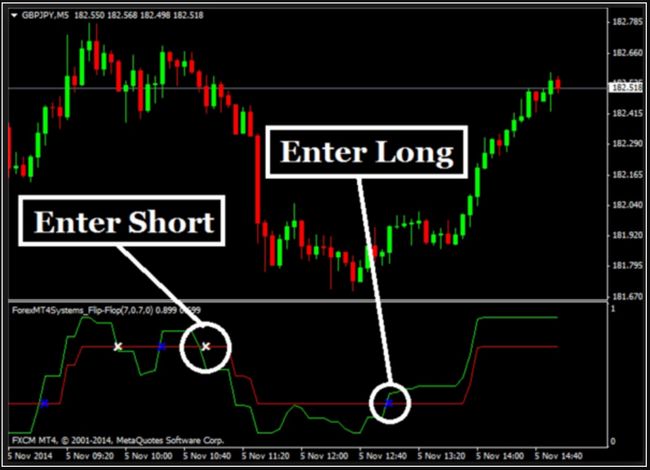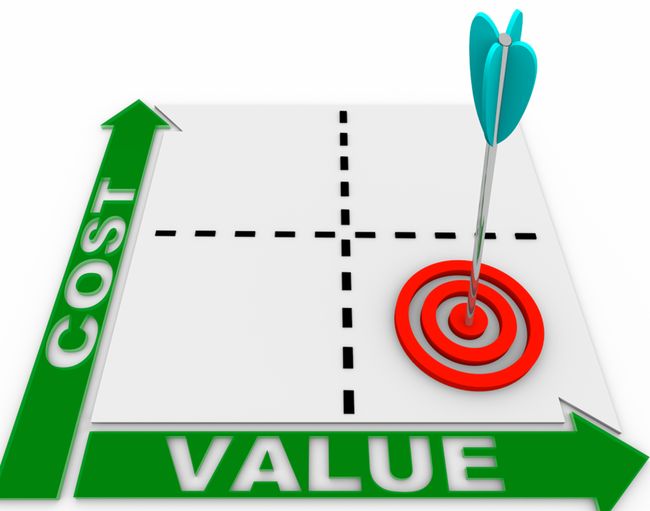需求变了。。。优先级变了。。。不过也只能继续做哟。。。
需求变了?这个变化好像很合理,这样做出来的产品肯定更好!
不知道你碰到需求变化的时候是哪种?我是第二种。跟性格有关系,不过更大的一部分是学习来的。今天说说这个需求变化的事情吧。老规矩,不论对错,只说我的想法。对你有价值就参考,没价值就放过。
心态
我比较喜欢积极的心态,可能比较符合现在的主流意见。但是是好是坏,我觉得还要看大势如何。就拿炒股票来说吧,积极的心态说白了就是看多,就容易重仓。大盘好的时候赚得多,大盘不好的时候呢,亏的也多。
所以对大势的研判其实是挺重要的。在公司里大势基本就是公司战略、市场和产品前景等。不创也的话,估计这些领域基本是没有任何话语权的,所以就是靠你去寻找了。找公司,找团队,找职位,找到适合自己的位置。
不可控的东西,要不你自己去弄个新的,要不就去适应。需求变更不也是如此吗?我们现在都是做的内部项目,负责整体规划的人在 2 个礼拜前和你说的需求或者优先级和现在跟你说的不同。你怎么想呢?第一个这个不可控,那就去适应吧。
接受了,心态也就不同了。别人并不是故意难为你。他们也有老板;他们有压力了才会压你。多沟通一下原因和期望的结果,或者有的时候如果你的经历够丰富的话很多时候直接就猜到了。
有价值吗?
心态摆正了,下一步就简单了。开始评估这个变化本身价值,是不是值得去做。不外乎收益和成本两方面。收益大于成本就值得,小于就不值。
收益和成本的评估上就稍微需要一些技术和专业了。尤其有的时候都不能量化,很多时候是靠猜的。但是你别小看猜,按照正确的途径去猜就不叫“猜”了;那叫“专业判断”、或者“知情决策”。
什么叫正确途径呢?和这个事情相关的都在搜索引擎搜搜,能算出来的都算算,能问别人的都问问,也就是该做的准备都做一下就好了。尤其现在网络越来越发达,搜索引擎也越来越聪明。已知的东西基本一搜就出来了。就是那些未知的东西,靠计算、靠推测、靠猜的东西才是真正有价值的东西。
简单不?放在需求变更的分析上也一样。先考虑下这个事情的影响有多大,带来的好处有多少。除了自己想之外多问问比自己厉害的人,比自己聪明的人,或者提需求的这个人自己。这些事情都做过了,情况一般来说就会明朗很多了。不管是需要说服别人,还是自己调整心态,都会顺利不少。
可行吗?
有价值就可以做吗?不一定,至少评估一下可行性吧。这个可能就简单很多了,因为“猜”的部分少了。
可行性不外乎就是技术前提是否满足,人员是否专业,资源是否到位,时间是否足够几点。技术前提基本靠调研,学习一下看看能不能实现也就是了。人员,资源和时间就靠项目经理的评估了。
如果是经过深思熟虑之后,依然觉得可行性不高,就提,没事的。要资源,要人,要时间,还是减范围,万事都可以商量的。别忘了,和你共事的是另一个人,不是机器人。
今天就写这些吧,做个简短的总结。我觉得碰到什么意料之外的事情别抵触,自己多考虑一下。是你可控的事情吗?不是的话那就去适应它一下。多看看它的价值、是不是自己高估了成本?如果你是在决策的立场的话这个事情可以用来说服别人用,如果你是在执行的立场就可以自己调整心态用,是一个不错的过程。再就是评估一下可行性,和排计划了。很重要的一点:该做的都做了你依然不满意,那就别犹豫提出来,会有人帮你的。
Is a change so horrible?
The requirement has been changed... The priority has been changed... But still, I need to keep moving on...
Requirement has been changed? This makes sense. The product must be better with this.
Which one is you when facing a requirement change? I am the second type. A part comes from natural, but a bigger part is nurture. Let us talk about this a little bit. As as before, nothing about right or wrong, just what I think. You can try it out if you believe, just ignore it if you do not.
How you think
I prefer the positive attitude. It also fits with the mainstream opinion. But is this good or bad? I think that depends on the bigger environment. Let us take trading stock as an example. Positive attitude is namely you are on the long position. So, when the market is good, you make better fortune, but you also loose more when the market is not so good.
Therefore, studying the bigger trend is very important. In a working environment, the bigger trend is basically the corporate strategy, the future of your market and product, etc. Unless you own your business, otherwise, you probably do not have a lot to say in these areas. It is pretty much a search for fit activity, for an employer, for a team, for a position that fits you.
When it is out of your control, you create your own, or you adapt to the existing one. Our projects are now mainly internal projects. The project owner says different priority now, than 2 weeks before. How you should think about this? First thing is that this is out of my control, therefore, I will try to embrace it.
Your view will be different when you embrace it. People are not just trying to give you a hard time. Well, they have their bosses, and they come to you because they had to. Communicate more about the reasons and expected outcome. Or if you have more experience, you may just get it.
Does it add value?
Now you have a good attitude, the following is simple. Evaluate this change add value or not? Revenue and cost, which one is bigger? More revenue, then it adds value; more cost, then it does not.
This is where the knowledge and expertise come in. Especially if something cannot be quantified, then you will have to guess. Do not underestimate "guessing", if you do it the right way, then it is no longer "guessing"; it will be "Professional judgement", or "Informed Decision".
What is the right way? Before guessing, try to google it, calculate something out, ask people for some opinion; in simple word, do your homework. That is it! Especially nowadays, the Internet is really a great tool, and the search engines are much smarter. You can pretty much search for any information. Only the stuff unknown has value. Something you have to calculate, you have to estimate, or you have to guess,
Easy, right? Now let us come back to our requirement change. Think about how big is the impact, what are the values it brings. Ask for some people who know more, who is smarter, or the person who is raising the new change. When you have done all these, you will get a much better understanding of the big picture. You need this to adjust yourself, and to persuade others.
Is this feasible?
Everything that has value can be done? Not really, you may want to evaluate its feasibility. This job is much easier, because it involves less "guessing" work.
Feasibility is consisted of a few factors: is the required technology available? Do the personnel posses the required skills? Do we have enough resources and time? Researching and studying are helpful with the availability of the technology.
Personnel, resources and time are subject to the evaluation of the project manager. If you still have doubts on the feasibility after serious consideration, then there is no shame to reach out for help. Ask for resources, personnel, time, or limiting the scope, everything is negotiable. Always remember that it is the people that you are working with, they are not robots.
Let us call it a day and make a very quick summary. Here is what I think. When you run into something unexpected, do not become defensive instantly. Think about it, is it something you can control? If not, try to embrace to it. Look at positive side, did you overestimate the cost? If you are the decision maker, use this to persuade people; if you are executor, this process is good to motivate yourself. After that, we evaluate the feasibility and come up with a plan. Remember one extra tip: If you have done all your homework, but it still does not get along? Reach out! Someone will help you!






